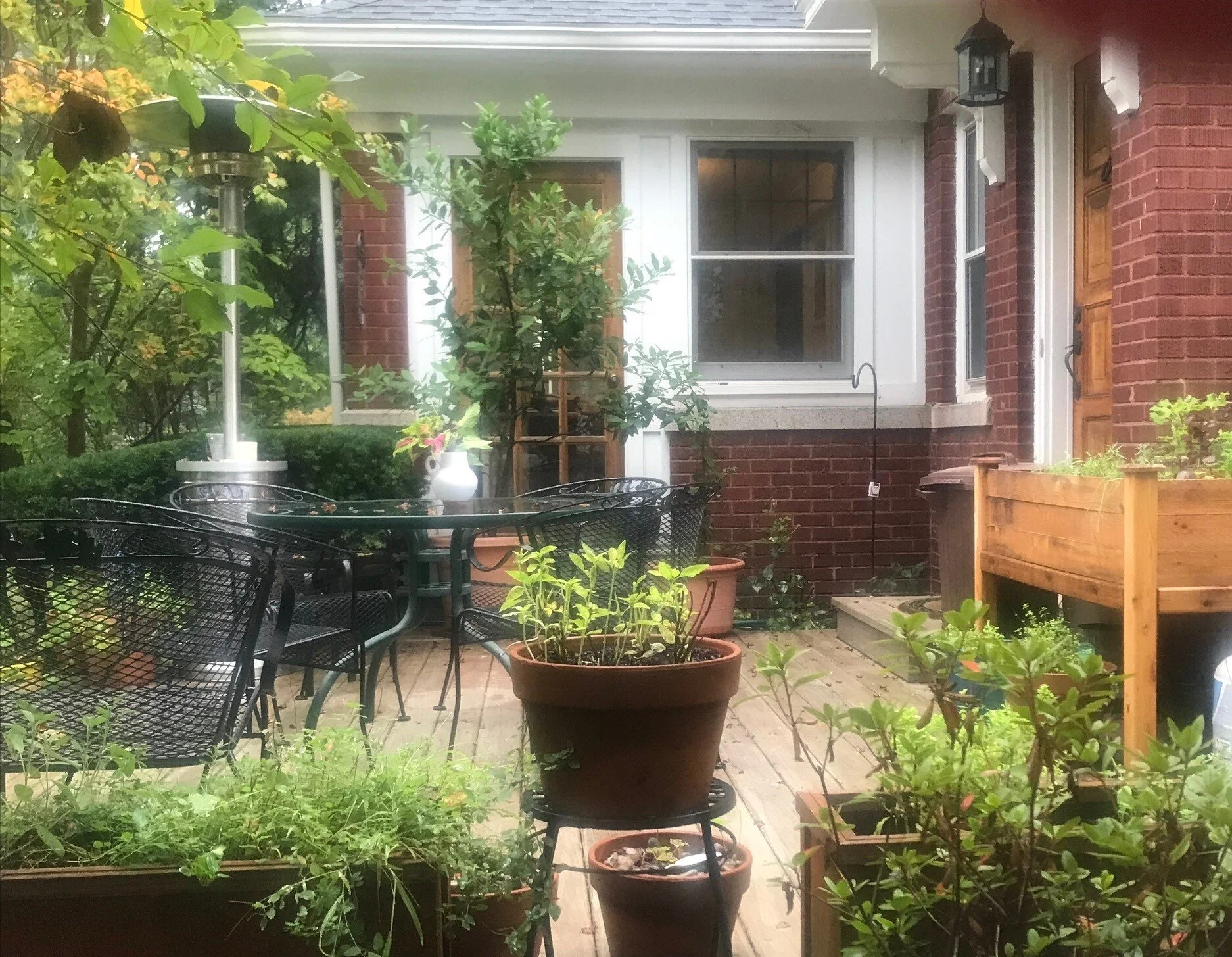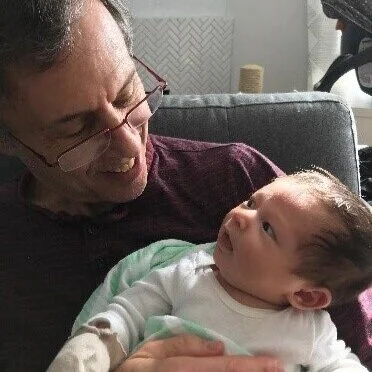Two Lists
/I am not a regular reader of Harvard Business Review, but frequently there is wisdom about leadership, personal and professional growth and personal and organizational sustainability that is directly applicable to our lives as clinicians, teachers and researchers. One that I cut out, printed and have on my desk is advice from Peter Bregman, who coaches CEOs of large corporations They, like health professionals, have too many tasks, too many decisions, too many distractions, and too many requests, and have to make implicit or explicit choices about where direct their energy.
Read More


















